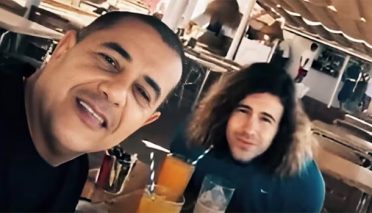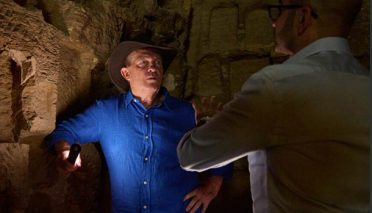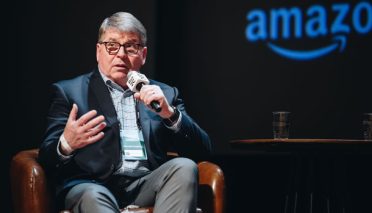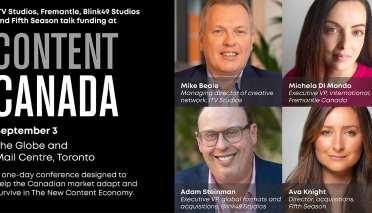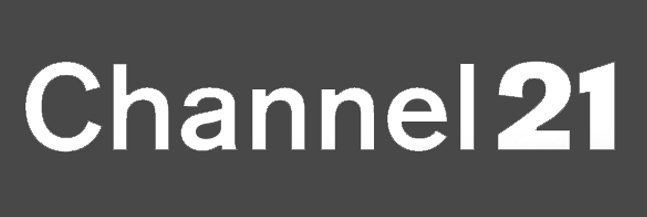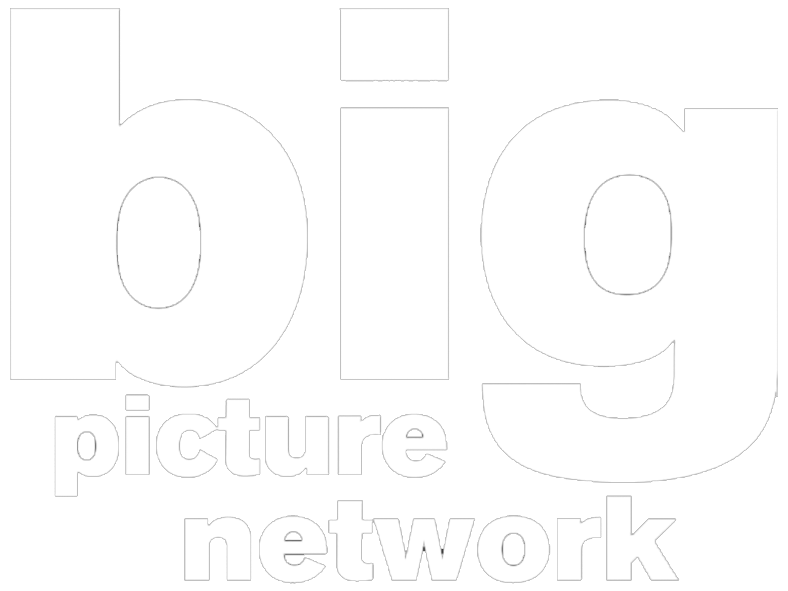YouTube is reining in its exploits in the subscription space and refocusing on ad-supported video, head of original content Susanne Daniels tells Marc Berman.
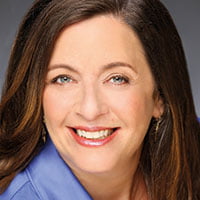
Susanne Daniels
As global head of original content at YouTube, Susanne Daniels has segued from content creator and programmer in the broadcast sector (with stints at ABC, Fox and former network The WB) to cable (Viacom and Lifetime) and, most recently, to what many see as the future of the medium: digital.
Daniels, who began her career as an assistant to Saturday Night Live creator Lorne Michaels and was recently appointed to the Natpe board of directors, has been instrumental to YouTube’s efforts to compete against other digital platforms like Netflix and Hulu by offering original content as part of a subscription service.
At present, she is overseeing a shift in YouTube’s originals strategy from a subscription focus to an ad-supported free-to-view model. “We have decided that the core business is the AVoD business and the original programming should be part of the core business and not the SVoD business,” she says.
“You will see a shift slowly. We won’t be all AVoD until 2020, so we will be partially AVoD and partially SVoD for 2019. And we were moving in that direction last year too, because we did some AVoD programming in 2018 that was already successful.”
Daniels cites Kevin Hart: What the Fit and The Slow Mo Guys as two examples of successful original programming via AVoD in 2018. “We just looked at the global reach potential on AVoD and decided it was the right model,” she adds. “Ideally, some shows will have two windows in 2019, SVoD and AVoD, and we are collaborating with our partners to work that out.”
Recent reports have suggested a complete shift away from scripted originals on YouTube following the AVoD transition, but Daniels points to more of an emphasis on non-scripted rather than a total abandonment of scripted.
During C21’s Content London event in November, YouTube Originals’ head of drama series and movies Jon Wax was caught on stage amid the breaking story, and said: “You can imagine for me, half a world away, having the news that YouTube Originals is getting out of the scripted programming game was not exactly the best timing. As far as I know, I’m still gainfully employed.”
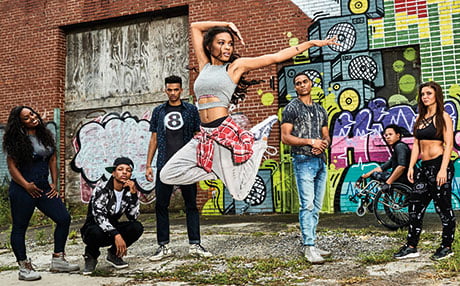
YouTube’s Step Up: High Water is based on the movie series
Over to Daniels to clarify the new strategy: “There will still be some scripted programming. We wouldn’t walk away from shows like Cobra Kai or Liza on Demand. Both have done very well for us and will continue. And we are in negotiations for second and third seasons of a handful of scripted shows.”
Two recent drama entries on YouTube – Step Up: High Water, based on the Step Up film series, and Impulse – have also been renewed for second seasons in 2019.
“The overall company feeling is to reinforce the core business, which is an AVoD business,” explains Daniels. “We will have a greater emphasis on live event programming like the Will Smith live stream that we did called The Jump, where he wanted to bungee-jump out of a helicopter at the Grand Canyon for his 50th birthday; and of Katy Perry, where there would be cameras everywhere in her house for five days.”
In today’s era of so-called peak TV, where the ‘when you want, where you want’ programming philosophy continues to shift from the model of watching TV on TV to laptops, phones, tablets and other mobile devices, the biggest obstacle for any outlet is standing out from the crowd.
“When you are passionate about a show, it is really frustrating to feel like you are just up against so much competition,” notes Daniels. “And the marketing dollars just don’t go as far. When I launched Army Wives at Lifetime in 2007, we did a US$10m campaign that really moved the needle.
“Now, because there is just so much competition, if you want to make noise, you have to spend three times that. Nobody has a marketing budget that gigantic for every show, so it often feels like you are just throwing your stuff out there and hoping it will find a life of its own.
“Yes, there are a lot of content providers and you can get your content made, but the majority of them can’t get their content marketed,” she adds. “That’s the toughest challenge about the intensity of the competition.”
Daniels looks at multiple data streams, meanwhile, from providers parent Google, Nielsen, and Parrot Analytics, to determine exactly what resonates on YouTube in this crowded content landscape.
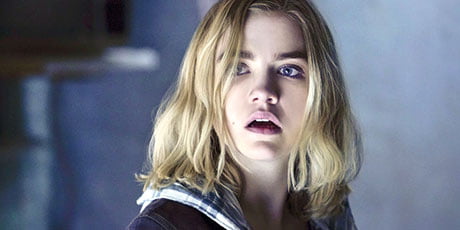
Drama Impulse has been renewed for a second season this year
“We look at demographics and who is watching. We look at view count, and how many unique page views we are getting for each episode of each series. We look at the time of the episode that has elapsed and how much of the episode viewers are watching. And then we examine how many episodes of the series they are watching,” she explains. “If they start to watch one, do they binge all the episodes?
“We also look at engagement. Are they searching for Karate Kid videos in addition to watching Cobra Kai, for example?” she adds. “Are they looking at [star] Ralph Macchio’s appearances on Conan or any other talkshow? We look at a lot of different stats that can tell us how engaged the audience is.”
Internationally, YouTube produces original shows in Korea, Japan, India, France, German and the UK, and in 2019 it will expand to Brazil.
One of its most recent and most expensive dramas, Origin, was launched with a red-carpet premiere in London’s Leicester Square towards the end of last year. The 10-part sci-fi series has been produced by Left Bank Pictures and has Sony Pictures Television attached for distribution.
“Not including the UK, the shows are all produced in local languages,” says Daniels. “And we are going to continue to build our international slate this year as well, which will also be moving to an AVoD distribution. What will not change, however, is our overall philosophy at YouTube, which is a two-way street in terms of a viewing experience.”
“Viewers are less engaged when they watch shows on network and cable,” she explains. “They’re mostly watching them through the TV set at home and in a more laid-back viewing experience, whereas people watching YouTube is sort of the opposite.
“They are literally physically closer to the content they are watching on a laptop or on mobile or on an iPad, which I believe makes a difference. They are clicking to start and stop it, they are looking at other recommendations YouTube is making based on what they are watching, and this just translates to a more engaged viewer both physically and psychologically.”
Looking ahead to the rest of this year, Daniels is particularly optimistic about new Kirsten Dunst drama On Becoming a God in Central Florida, executive produced by George Clooney and his production partner Grant Heslov. Dunst will portray a minimum-wage water park employee who works her way up in a pyramid scheme that drives her family to ruin.
Another new scripted option on YouTube is drama Wayne, from the producers of Deadpool and focused on what Dirty Harry was like at the age of 15.
In the non-scripted department for 2019 is a new show with Vox called Show Me the Evidence, and 10 episodes of an AI-themed limited documentary series produced by Robert Downey Jr, who also hosts, and Susan Downey, which will explore how AI transforms the way we work and live in the present and future.
“How we can interact with the viewer differently is our ongoing focus,” says Daniels. “And that is what makes us unique and always will.”





